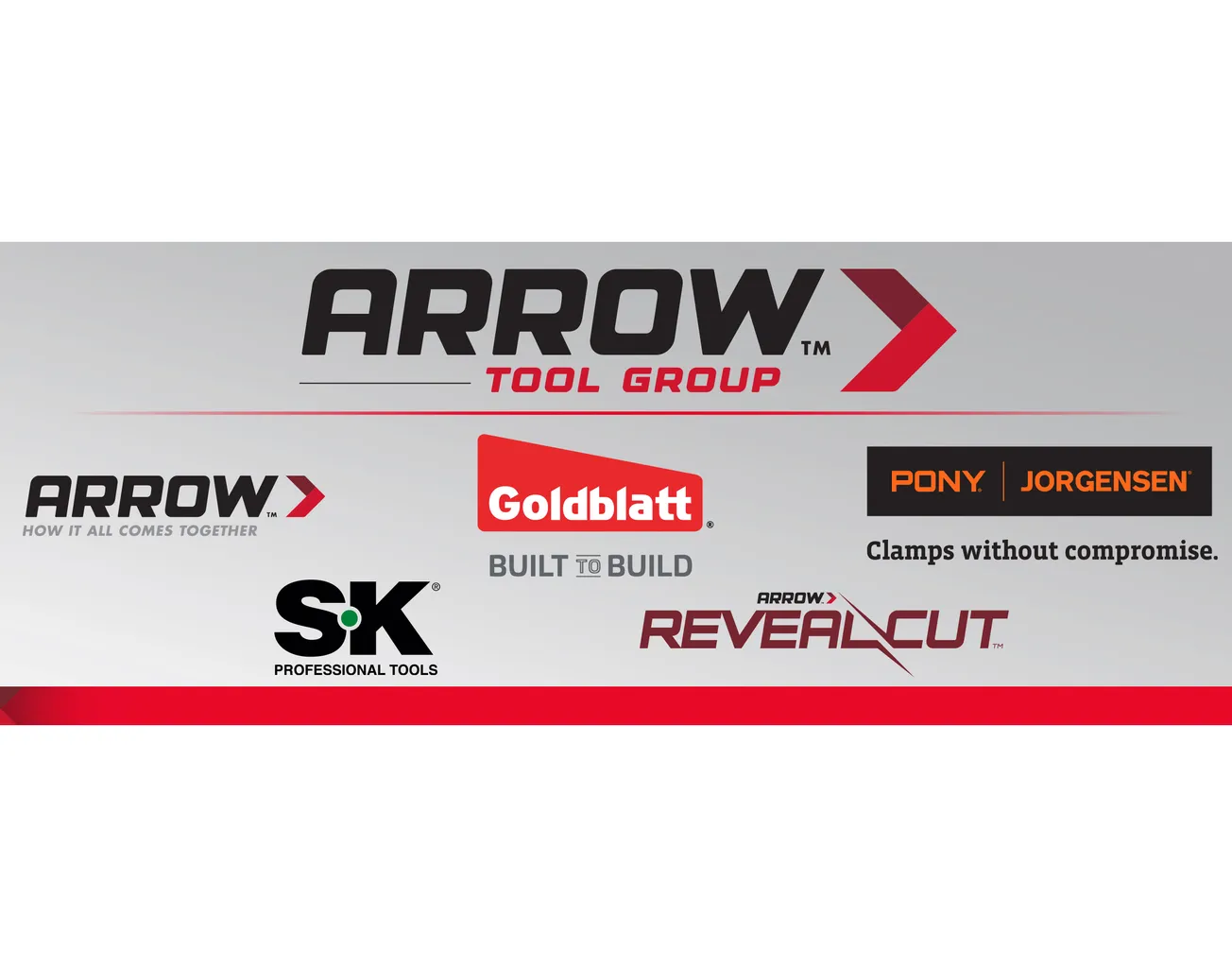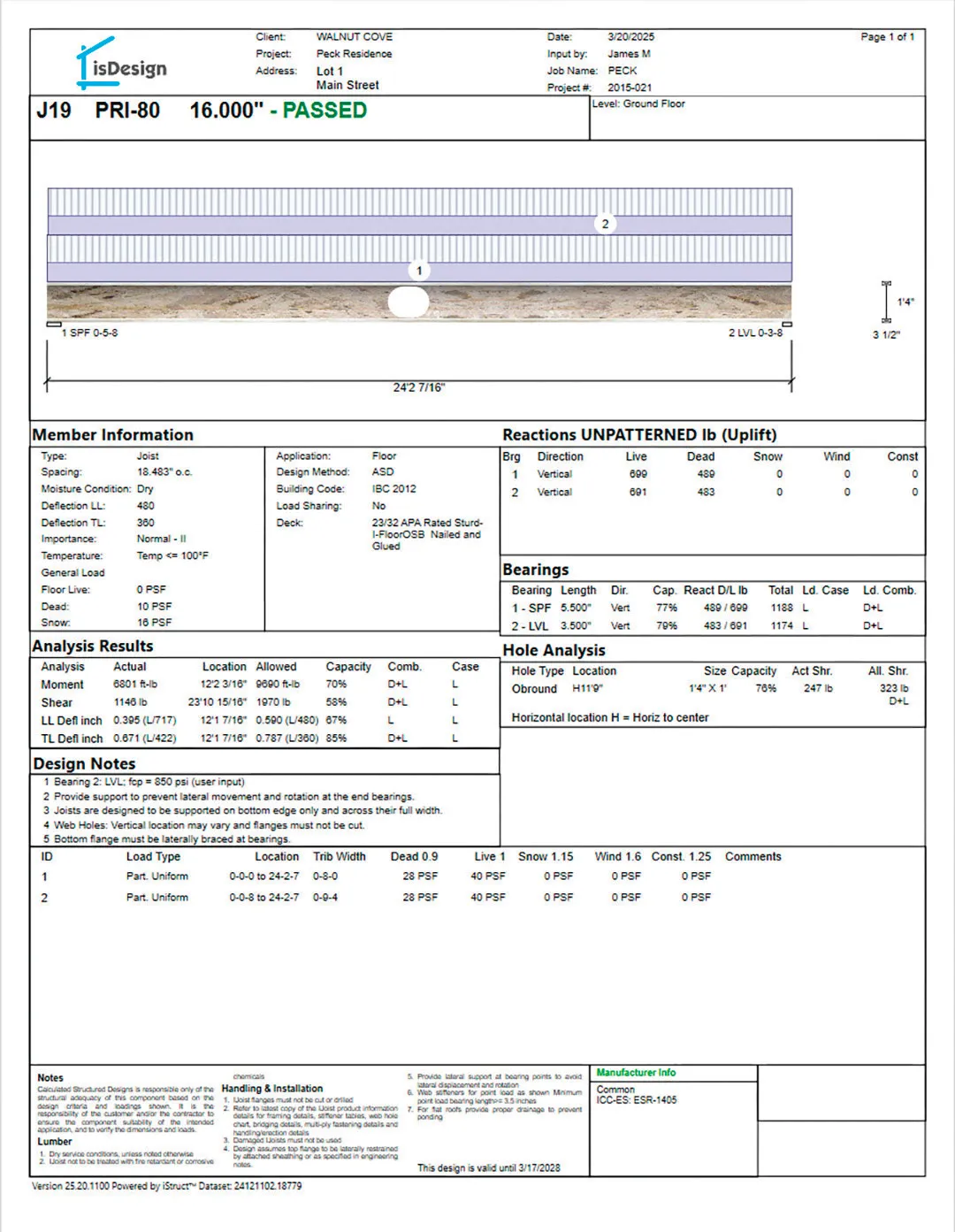Table of Contents
To be a great salesperson means to have a wide range of skills that can be applied across a broad range of people in markets that change every day. Master Sellers adapt to the market segments they sell, the products they sell and the different people and personalities they sell to. There are four pillars that have to be learned and perfected to become a Master Seller.
Work Ethic
The biggest reason for failure to be a profitable salesperson and then a Master Seller is lack of work ethic. The grand majority of sellers that wash out (or who are mediocre) do so for one reason: they don’t work hard enough. Sellers that dominate year after year have developed a work ethic above and beyond the average. I often tell my students, “If we want to make the kind of money that the top 10% of wage earners in America make, we cannot work like the bottom 90%. The math just doesn’t work.” Master Sellers aren’t making four times the average wage because they are smarter than everyone else. This is not to say that they aren’t smart, they are, but that is not what sets them apart from the pack. Most Master Sellers work much, much harder than the norm.
The average inside salespeople is making 25 to 30 outbound calls per day, while the Master Seller is making 50 to 80. This not only gives them a better chance to do business (40%-50% better!) but gives them a better long-term account box and helps them navigate and survive contracting markets.
The average outside salesperson is calling on four to five accounts a day and almost never works the phone. Great outside salespeople see eight to 10 customers per day and work the phone (lots of calls) a couple of days per week.
There will always be a couple of sellers on every team who don’t make that many calls but are still successful. They are one, the one out of fifty that have are super charming and charismatic. These sellers are the exception. Secondly, they are sellers who have been at it a long time, have built up a loyal following, who worked very hard in the beginning of their career to build their base. Both of these are exceptions and are not the role model for anyone trying to start in sales and build a career. In addition, for every one of these salespeople there are 10 Master Sellers that do work hard every day to succeed.
Sales Skills
The majority of salespeople are just “carrying the bag.” They call on customers with very little focus or strategy. They may even make lots of calls. But their calls are unfocused and bring little value to the customer. Their sales calls are in one form or another the “Whaddya need today?” or “Do you need anything today?” kind of call.
Master Sellers work on their sales skills every day. They read books, listen to tapes of other Master Sellers, and always try to upgrade their skills. Many sellers confuse experience with excellence when often they are the opposite. I’ve been playing golf a long time, that does not make me a Master Golfer; the same can be said for salespeople.
Below are some, but not all, of the skills the Master Seller works on:
Empathy. Called by many “Emotional Intelligence,” it’s knowing what to say, when to say it, to whom, and with the right tone. Listening, understanding and caring about our customers and their business. Many sellers are only there for the order. The Master Seller actually cares about their customers. Their customers know it and feel it. This creates loyalty, the ultimate competitive advantage.
Closing. Most sellers do not ask for the order. They present product and let the customer decide. The Master Seller projects that they expect to get the business from the way they carry themselves—confidently, the way they speak—“when we put this together” vs. “if we put this together” and most importantly asks for the order, directly, in every selling situation.
Simple, but rare, asking for the business in an open, direct way is what sets the Master Seller apart from the crowd.
Options. Most sellers bring nothing— “What are you looking for today?”—or one item—“I’ve got a truck of 2×4 14’s today. Whaddya think?” The Master Seller “loads the gun.” They bring multiple products and options to every call. This brings a lot of value to their customers. Why don’t most sellers bring more options? Because it’s more work (See Work Ethic).
Planning, Goal Setting, and Focus. Most sellers start to think about their day a half hour after they sit at their desk. The Master Seller plans out their career, their year, their quarter, their month, and their day ahead of time. Master Sellers have and set goals continuously. They take responsibility and control of their career and their calls. The Master Seller spends the last hour of the day preparing for the next day. They “hit the ground running” every day, while most sellers just hit the ground.
Prospect All the Time. Most sellers prospect when the market is slow or when they lose accounts. Master Sellers always look for new business. Always.
Account Management
I have worked with talented salespeople. On a call by call basis they are good. But they will not upgrade their account box (prospect). The salesperson making $75K a year is busy working a B– account box. We can’t have an A+ sales life working a B– account box.
Master Sellers upgrade their account box. They are busy also, but because the quality and quantity of the accounts they work is better, they make two to four times as much as their equally talented salesperson who does not upgrade—read prospect—for bigger and better accounts.
Product & Market Knowledge
Master Sellers know their products and their markets. They know the spreads and options across different products. This brings value to their customers. Master Sellers know when a market is going to move in either direction and helps their customers navigate them. This brings more value than the average “shopping service” seller who only brings their customer what they say they need.
The Master Seller sells options and ideas to their customers that help make them money. Aside from helping them navigate moving markets they also bring them product options that can solve their business issues for better cost and thus margin.
When we master these “Four Pillars” of the Master Seller, we will be the master of our own fate in our sales careers. We will be unstoppable.









